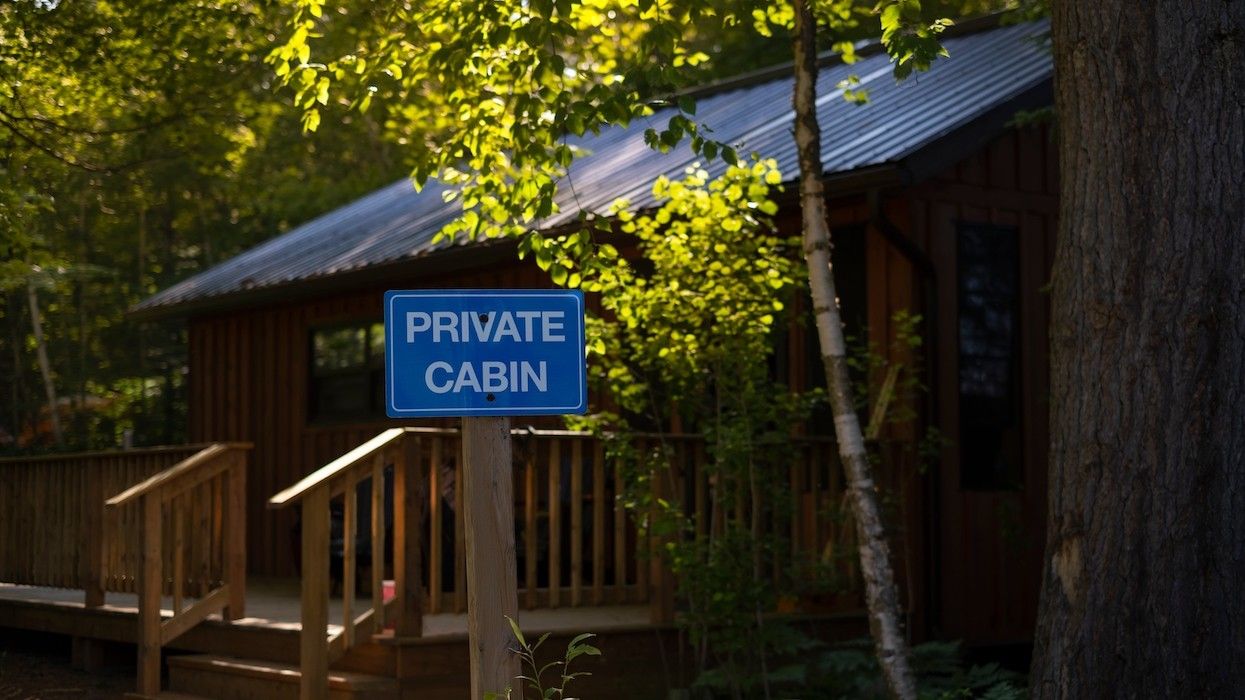Non-compliant short-term rental properties will soon face a hefty tax burden all across Canada thanks to new federal measures. However, in Muskoka, where the short-term rental network is quite extensive, a local agent says that any impact on the market will be negligible at best.
For some background, the Government of Canada unveiled a high-level plan to crack down on short-term rentals in late November. According to parameters outlined in the feds’ 2023 fall economic statement, short-term rental operators who fail to comply with provincial or municipal licensing, permitting, or registration requirements will no longer be able to benefit from certain income tax deductions.
This means that those owners won't be able to claim things like property taxes, repairs, and interest costs incurred on or after January 1, 2024, the economic statement explains. The feds say this will be a “strong incentive for operators of non-compliant short-term rentals to return these properties to the long-term housing market.”
Maryrose Coleman, Co-Founder and Vice President of Muskoka District Rentals, says that while other recent measures from the feds have been encouraging — she points to the foreign buyer ban and the removal of GST on new rental builds — this latest move seems like a bit of a swing and miss.
“The CRA is not going to allow people to deduct money from, essentially, illegal short-term rental properties — well, they should have been doing that anyway. This just strikes me as political posturing,” Coleman tells STOREYS. “I don’t think it will have much of an impact.”
While Coleman says that the new federal measures could help to “shut down some of the bad actors” who are trying to skirt provincial and municipal regulations, she doesn’t think that cracking down on short-term rentals in this particular way will make a meaningful difference in the long-term rental market.
“In my market, for example, most of the properties that I'm renting are not going to re-enter the long-term rental market. These are people's recreational properties. They’re often only rented for a period of time that allows the owner of the property to turn enough income to offset their very high property taxes,” she explains.
“Even if the government were to ban short-term rentals altogether for some reason, it still wouldn’t solve the housing crisis in Muskoka because that property is not going to end up in the long-term rental pool. It's either going to get sold because the people can no longer afford to keep it, or they're going to figure out another way to hold on to it, another way to generate income to pay their taxes.”
In addition to the income tax component, the feds’ latest economic statement proposes $50M over three years to support municipalities as they enforce their own short-term rental restrictions and regulations. This is perhaps the more promising part of the plan.
As Coleman points out, townships and municipalities across Ontario's cottage country are already “wrestling” with how short-term rentals, like VRBOs and Airbnbs, are impacting things like noise and infrastructure. Many jurisdictions have already turned to some sort of licensing model to regulate short-term rental activity, and an infusion of funding from the federal government could potentially help with advancing — and enforcing — such initiatives in all cottage regions.
“Ultimately, I think all of the local municipal jurisdictions are going to put in some kind of licensing, and I think that's brilliant and necessary because it will help constrain the bad actors that are renting, you know, three-bedroom cottages to 20 people and not worrying about the fact that the septic is leaching into the lake because of overuse,” says Coleman. “That's the kind of thing I think is more worrisome, honestly.”





















